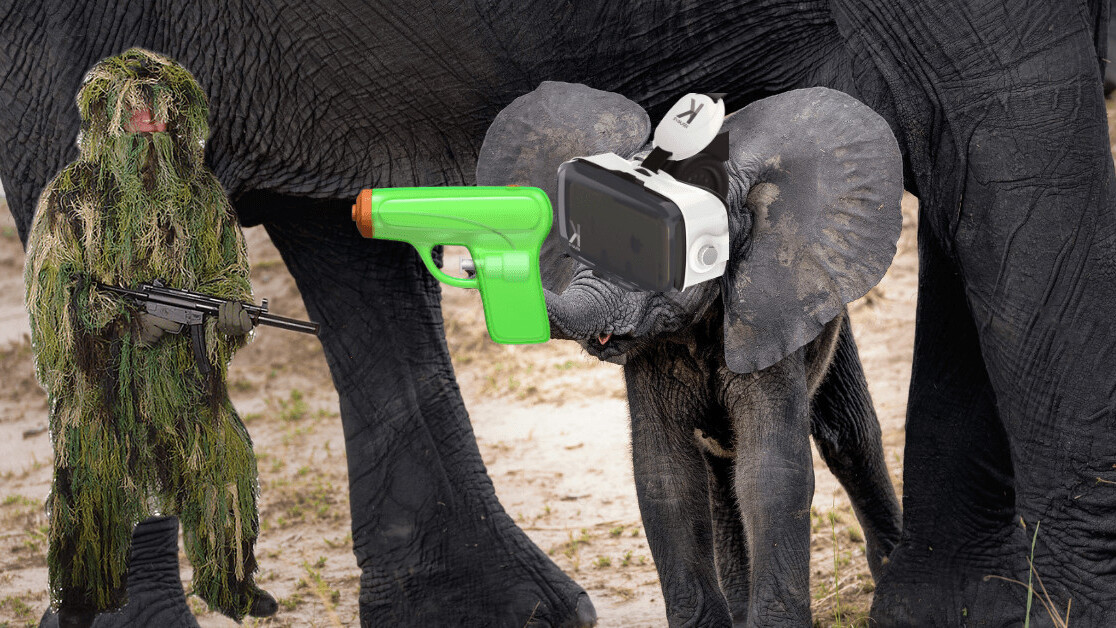
A project by the USA’s Cornell University has been using Artificial Intelligence to help with protecting elephants in Afrika against poaching.
Named the Elephant Listening Project (ELP), the initiative tracks elephant herds across the Nouabalé-Ndoki National Park in the Republic of Congo. The tracking of elephants is done through 50 sensors placed in various locations in the park.
A major focus has been to monitor elephant activity at numerous forest clearings throughout Central Afrika, but ELP has also used acoustic methods to estimate elephant density in Northern Congo as well as in Kakum, Ghana. The effects of increasing human activity on a population of forest elephants in a remote Gabon rainforest was studied using multiple ARUs. In Loango National Park, oil exploration emerged in 2007 as a possible threat to elephants as well as to gorillas, chimpanzees, and other forest animals. The study explored the response of forest elephants to the development of an extracting activity in their habitat and gathered the first detailed data on daily patterns of elephant activity and the (previously unknown) activity of hunters.
Can technology stop wildlife poaching?
ELP is not the first project in Afrika that uses technology aimed at helping combat elephant and wildlife poaching. Earlier in 2018 it was revealed that in Gabon, elephants are being fitted with GPS-enabled tracking collars to monitor their movement and help with fighting poaching.
Around mid-2017, Neurala and the Lindbergh Foundation announced a collaboration in which they use AI and drones to combat the poaching of elephants and rhinos in Afrika.
There was also the project by the University of Southern California and Paul Allen’s Big Data and AI project to fight elephant poaching in Afrika. These are just a few of many technology driven anti-poaching projects that have been announced in the past couple of years.
It is definitely encouraging to see these initiatives looking to combat poaching but the question is do these technology driven initiatives help combat poaching or do they rather help catch poachers?
This is because, despite the use of AI, many don’t seem to be proactive and preemptive in trying to “predict” where poaching might happen but rather reactive in nature. This is probably just semantics as every and any effort aimed at combatting wildlife poaching makes a difference.
The sensors used by ELP are provided by Conservation Metrics, a startup that specializes in developing automated sensors. These sensors track patterns of elephant calls and gunshots and in turn, report all this back to a park’s rangers who then go on to determine where the herds are gathered and where the poachers could be operating from.
No small task considering that the sensors are reported to generate approximately 7 terabytes worth of audio recordings over a period of 90 days.
This post was originally published by iAfrikan. Check out their excellent coverage and follow them down here:
Get the TNW newsletter
Get the most important tech news in your inbox each week.




